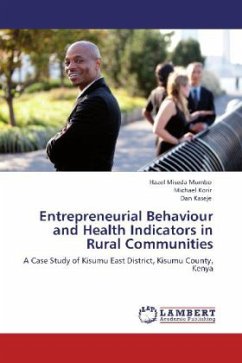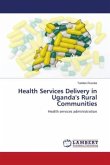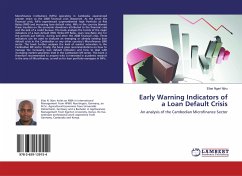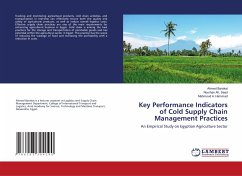In Sub Saharan Africa, generally and in particular Kenya, poor health status has persisted in the last two decades despite a number of measures put in place. Vision 2030 advocates for entrepreneurial development as a tool for socio economic development and yet there is lack of empirical evidence on the linkage between health and entrepreneurship in the improvement of health indicators among Community Health Workers (CHWs) and their communities. This study therefore aimed at filling this knowledge gap. The study adopted a retrospective observational and comparative cross-sectional design. The study s setting was in Kisumu East district in Kisumu County, Kenya. The population sample of this study was 205 Community Health Workers (CHW) and 205 matched clients. A censor of CHW was used to identify entrepreneurial and non-entrepreneurial respondents. Data collection method included observation and structured questionnaires for all the respondents. Data was analyzed using descriptive statistics e.g. chi-Square and percentage. Objectives and Grand hypothesis were tested using logistic regressions analysis. Findings show that CHWs with high entreneurship have better Health indicators.








